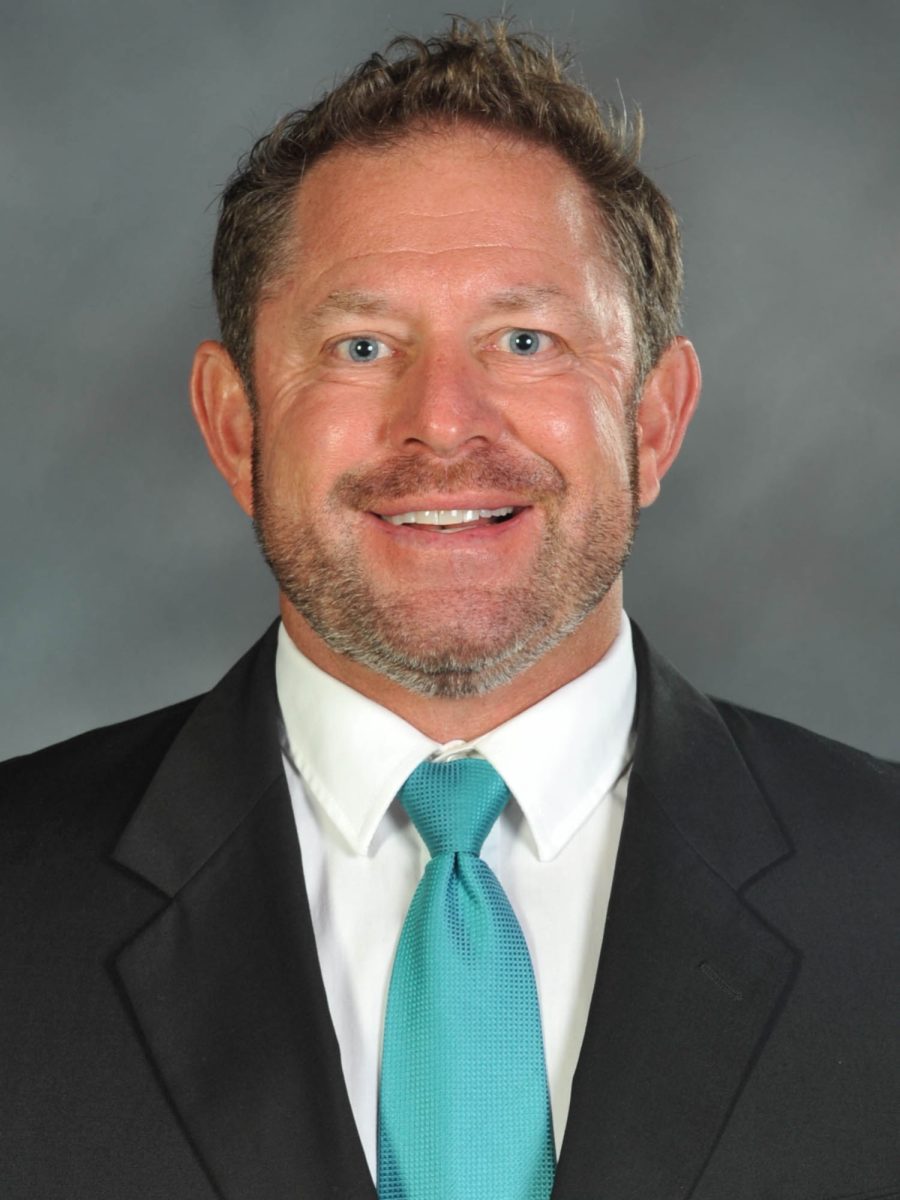In lieu of National Depression, ADHD and Mental Health Screening Month, students and faculty at Coastal Carolina University are exploring the ways in which mental health continues to be stigmatized in society and universities in particular.
Drew Kurlowski, associate professor of political science and faculty senate chair, said there’s a prominent stigma surrounding professors dealing with mental illness, similar to students.
“The mental health of your professors is probably not as amazingly perfect as everyone might seem. It’s more common than students might think,” Kurlowski said. “It’s a performance to a certain extent, and that’s my job and responsibility of getting up and teaching. I don’t want y’all not learning because I’m having a bad day. That adds to my anxiety because then you’re feeling like you constantly must be on top of your game and in the right mindset.”
Kurlowski said he must put on a facade to seem okay even when he is not. His life revolves around school, he said, but he feels as if he does not have the same grace as students in terms of internal struggles. He feels as though he must be put together at all times or he will negatively affect his students.
Junior psychology major Jaida Washington said depending on the ways in which professors deal with mental health, determines whether or not it has an effect on her learning style.
“I go off emotion and how people present certain things to me. It’s okay to show emotion, we are all human at the end of the day,” Washington said. “However, if their mental health is intimidating it can affect my learning style.”
According to Washington, compared to professors’ stigma dealing with anxiety, students deal with it more.
“There’s a stigma around students that we are supposed to be on our ‘A game’ every day, even though students go through things,” she said. ”Most of the time, professors brush off students because there’s nothing they can do about that, it’s on you.”
Professors and students deal with mental health in different ways, which can ultimately affect their performance capabilities.
“Professors can reach [Human Resources] that can give resources to mental health professions if needed,” Kurlowski said.
Any students, faculty and staff who need mental and emotional health support can set up counseling appointments through the Center of Health and Well-Being, located near the Department of Public Safety building on University Boulevard.




















